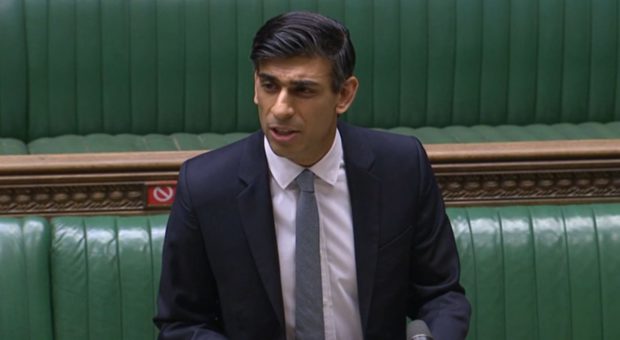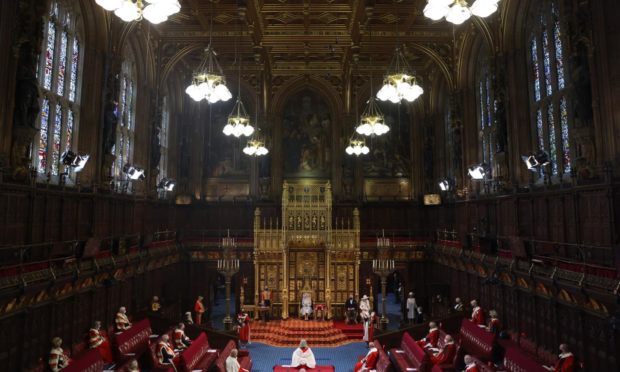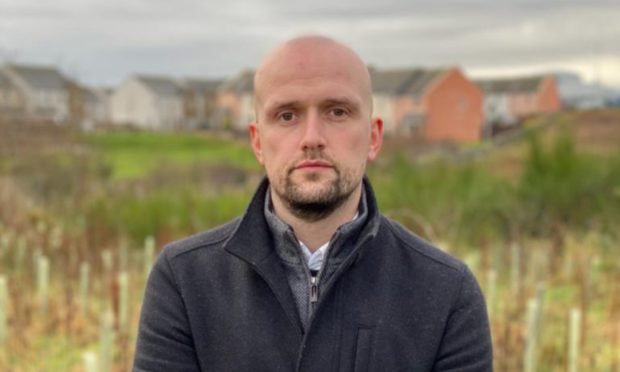Rishi Sunak has warned the UK faces a “long and difficult” recovery from Covid-19, but insisted it is “beyond doubt” the UK Government’s economic plans are working.
The Chancellor told MPs that people losing their jobs is the thing which “weighs most heavily on me”, adding he cannot guarantee there will not be more job losses in the coming months.
But Mr Sunak said figures suggest almost two million fewer people will lose their jobs than previously feared and his “plan for jobs” is aiding the recovery.
Speaking on day two of the Queen’s Speech debate, Mr Sunak sought to strike an upbeat tone about the road ahead while recognising the setbacks faced by people and businesses.
He told MPs: “When the furlough scheme ends in September we will have helped to pay people’s wages for a year and a half supporting at its peak the jobs of almost nine million people.
“We have protected the incomes of more than 2.7 million self-employed people, backed businesses to keep people in work with tens of billions of pounds of loans, grants and tax cuts and supported the most vulnerable through the crisis with a strengthened safety net, increased funding for local authorities and public services and help for the charity sector.”
On businesses, Mr Sunak said he believed they are “beginning to feel more confident” despite many being hit hard by the pandemic – pointing to a fall in the number of firms becoming insolvent and the build-up of corporate deposits.
Mr Sunak went on: “It is going to take this country and the whole world a long time to recover fully from the shock that saw the largest fall in output in 300 years.
“But while our recovery will be long and difficult, it is beyond doubt now that our plan is working.
“But we will never be complacent – 800,000 people have lost their jobs through this crisis and no chancellor could guarantee there will not be more jobs lost, and people losing their jobs is the thing that weighs most heavily on me.”
The SNP’s business spokesman Stephen Flynn used the debate to bring focus on Scottish independence.
He told the Commons: “I think it’s important when we look at the wider discussion of the Queen’s Speech to reflect upon what that actually means.
“Of course it’s the Government’s legislative programme, a programme that they believe that they have a mandate to put forward.”
He said the Government had used that mandate to “drag us out of the European Union against our express wishes” among other policies, adding: “We are told we have no mandate to implement our policies, but of course in Scotland we don’t just have a first past the post system, we have a proportional parliament, one that has allowed the Labour Party to gain some seats, the Liberal Democrats I don’t think they gained anything on the list this time, and of course the Conservatives to gain some more seats.
“And of course that list vote was remarkable because what that showed was that a majority of voters in Scotland voted for parties who had an express wish for the people of Scotland to have their say, to have a second independence referendum, to decide our own future.”


